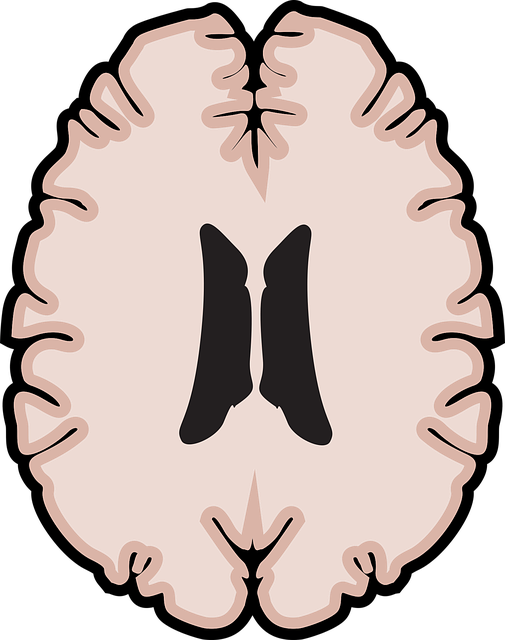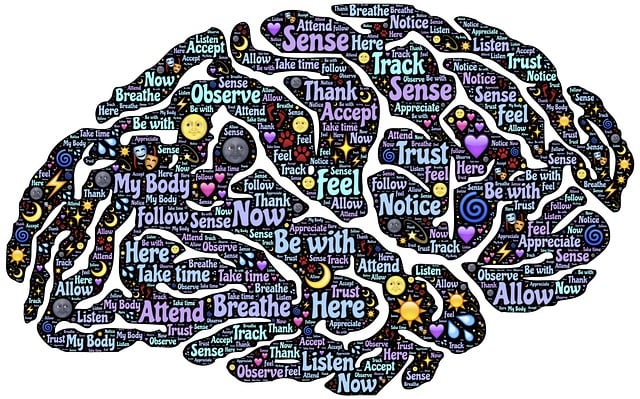Emotional Intelligence (EQ) is vital for aging adults managing chronic illnesses, helping them navigate mental health challenges and improve overall well-being. In therapy for elders with chronic conditions, high EQ leads to better stress management, treatment adherence, and healthcare outcomes. Cultivating EQ empowers seniors to cope with aging changes and build support systems. A holistic approach, including cultural competency training for healthcare providers, respects individual experiences and traditional healing practices, enhancing therapy tailored to the unique needs of this demographic.
Emotional intelligence (EI) plays a pivotal role in enhancing the well-being of aging adults, especially those facing chronic illnesses. This article explores the profound impact of EI on this vulnerable population and offers insights into navigating its development despite associated challenges.
We delve into specific strategies for caregivers and therapists to foster EI, addressing the unique needs of elders with chronic conditions through tailored therapy approaches. By understanding and cultivating emotional intelligence, we empower individuals to lead more fulfilling lives.
- Understanding Emotional Intelligence and its Impact on Aging Adults
- Challenges in Developing Emotional Intelligence for Elders with Chronic Illnesses
- Strategies to Enhance Emotional Intelligence: A Comprehensive Guide for Caregivers and Therapists
Understanding Emotional Intelligence and its Impact on Aging Adults

Emotional intelligence (EQ) plays a pivotal role in enhancing the well-being of aging adults, especially those managing chronic illnesses. As individuals age, they often face various challenges that can impact their mental health and overall quality of life. High EQ helps them navigate these difficulties by fostering better self-awareness, enabling effective emotional regulation, and promoting positive interpersonal relationships. This is particularly crucial in the context of therapy for elders with chronic conditions, where managing anxiety and stress is essential for adherence to treatment plans and improved healthcare outcomes.
Understanding and cultivating emotional intelligence can empower aging adults to cope with the physical and cognitive changes associated with aging. It enhances their ability to communicate their needs, manage symptoms of depression or anxiety, and build strong support systems. Moreover, mental wellness is significantly influenced by cultural competency among healthcare providers, who should receive training to recognize and appreciate the unique emotional and cultural needs of older patients. This holistic approach ensures that therapy for elders with chronic illnesses not only addresses physical health but also considers the intricate interplay between emotional intelligence and overall well-being.
Challenges in Developing Emotional Intelligence for Elders with Chronic Illnesses

Developing emotional intelligence (EI) can be a significant challenge for elders suffering from chronic illnesses. The complex interplay of physical pain, cognitive changes, and social isolation often experienced by this demographic creates unique obstacles to fostering EI. Traditional therapy models may not adequately address these multifaceted issues, emphasizing coping strategies over the deeper exploration of emotions required for genuine EI development.
Furthermore, cultural sensitivity in mental healthcare practice is paramount when working with elderly patients from diverse backgrounds. Public awareness campaigns and Mental Health Education Programs designed to promote EI should consider the unique needs and perspectives of this population. Incorporating approaches that respect individual experiences, traditional healing practices, and community support networks can significantly enhance the effectiveness of therapy for elders with chronic illnesses.
Strategies to Enhance Emotional Intelligence: A Comprehensive Guide for Caregivers and Therapists

Building emotional intelligence (EQ) is a powerful tool for caregivers and therapists supporting individuals with chronic illnesses. A comprehensive guide can help navigate this intricate process. Firstly, therapy sessions should incorporate techniques such as mindfulness meditation to enhance self-awareness and regulation of emotions. Encouraging open dialogue about feelings and experiences—both positive and negative—is essential for progress. Therapists can also model cultural sensitivity in mental healthcare practice by incorporating the patient’s cultural context into treatment plans, ensuring cultural competency through ongoing training.
Additionally, public awareness campaigns development can play a significant role in promoting EQ understanding. Educating caregivers on recognizing and responding to emotional cues can foster better support systems for those with chronic illnesses. Regular exercises focusing on empathy building and effective communication skills further strengthen relationships between caregivers and patients. Moreover, these strategies contribute to improved patient outcomes and overall well-being, especially when tailored to address the unique needs of elders managing chronic conditions.
Emotional intelligence (EI) plays a pivotal role in enhancing the quality of life for aging adults, particularly those facing chronic illnesses. By understanding and addressing EI challenges specific to this demographic, caregivers, and therapists can significantly improve their well-being. Implementing evidence-based strategies from the comprehensive guide provided offers a promising path towards fostering better emotional resilience and interpersonal connections in elders with chronic conditions, ultimately enriching their lives and strengthening support systems around them. Additionally, exploring therapy options tailored for these individuals can further facilitate their emotional growth and overall mental health.








